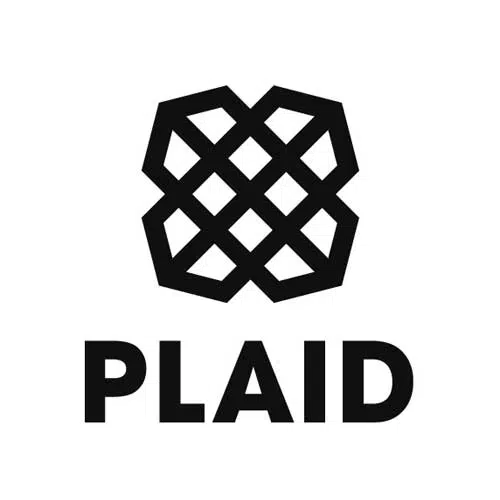Looking to speed payments through the automated clearing house while reducing risk, Plaid Inc. announced late Thursday the rollout of Signal, a machine-learning risk engine. Plaid has been piloting Signal for more than a year with select customers that generate high ACH volumes.
To accelerate ACH transactions and make them more secure, Signal analyzes more than 1,000 unique risk factors and more than 60 attributes. Participants in the pilot use Signal to analyze the risk on about $1.5 billion in transactions every month, the participants said.
Built on Plaid’s open-banking platform, Signal monitors two categories of risk: customer-initiated return risk, which corresponds to ACH returns initiated by customers (unauthorized ACH returns), and bank-initiated return risk (primarily transactions rejected because of non-sufficient funds, and administrative returns), which corresponds to ACH returns initiated by financial institutions. Signal rates each transaction with a predictive score ranging from one to 99 and assigns an accompanying risk tier, such as low, medium, or high, for each category.

The risk scores, tiers, and more than 60 attributes delivered by Signal to score transactions aim to provide businesses with predictive data. The attributes include connection history in the Plaid network, account usage, past ACH events, and identity, including changes across phone numbers, email addresses, and physical addresses.
As a result, financial institutions can boost conversion rates by unlocking faster, or even instant, access to funds without increasing risk, as well as improve the user experience, Plaid contends.
“We believe that Plaid Signal is a pivotal development in mitigating ACH transaction risk and protecting against fraud, which will help broaden the use cases for ACH payments and transfers among our customers and through our payment partners,” Rahul Hampole, head of risk products for Plaid, says by email.
In one example, an investment platform during a pilot of Signal was able to give 96% of its new users accelerated access to funds with nearly no increase in its ACH return rate. By enabling faster access to funds, investors were able to start investing almost immediately, instead of waiting up to five days for funds to settle, which improved conversion rates and user engagement.
Other examples from the pilot include a prepaid debit card provider that reduced its return rates by half within the first month of implementing Signal and 80% overall. A digital-wallet provider reduced return losses by 43% while introducing additional verification steps to less than 1% of users. The latter is key, Plaid says, as Signal enables companies to limit where they introduce additional steps to authenticate customers.
“Risk and fraud mitigation is not just about catching bad actors with high-risk transactions. It is also about giving a great experience to trusted users with faster first-day trading and more flexibility on our platform,” says Omid Scheybani, director of product partnerships for Robinhood Markets Inc., a Menlo Park, Calif.-based financial-services company, in a prepared statement. “By applying Plaid Signal to our existing internal solutions, we can still capture the similar amount of fraud and negative equity while significantly improving the model accuracy, and thus reducing the false positives.”
Plaid works with a network of nearly 50 payment partners to help companies deliver ACH-based account funding and transfers. In addition to the rollout of Signal, Plaid announced John Anderson as its first head of payments. Prior to joining Plaid, Anderson spent just over a decade with Facebook (now Meta), where he held several positions including head of payments and commerce. Before Facebook, Anderson was vice president and head of e-commerce and mobile payments at Incomm Payments.





